Politics
Equality over discrimination: history must never repeat itself – President Metsola
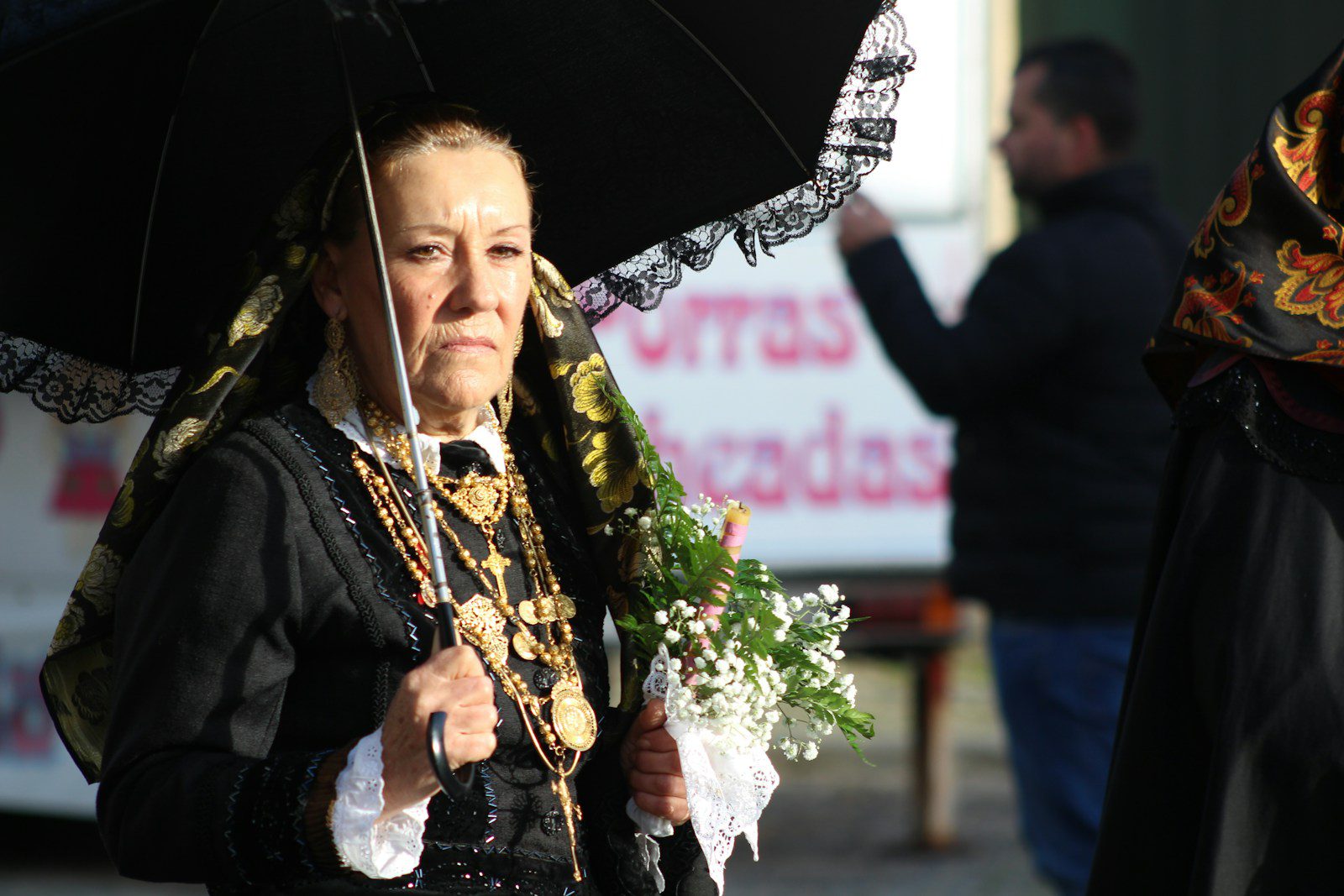
The European Parliament marks European Roma Holocaust Memorial Day and honours the Sinti and Roma murdered in Nazi-occupied Europe.
Today, the European Parliament joins the international community in marking European Roma Holocaust Memorial Day and remembering the 500,000 Sinti and Roma who faced atrocities in Nazi-occupied Europe.
On the night between the 2nd and 3rd of August 1944, the last 4,300 Sinti and Roma remaining in the Auschwitz-Birkenau extermination camp were murdered, with most of them being women, children and elderly people. Today, the European Parliament does not only remember the crimes committed against humanity, but also the importance of speaking up.
On this solemn occasion, the European Parliament remembers the lessons learned from the first recognition of the Roma and Sinti Holocaust, and reaffirms that Romani people must enjoy the same rights and treatment as all European citizens.
The President of the European Parliament Roberta Metsola said: “Today we pay tribute to Roma and Sinti people’s contribution to the rich fabric of our European socities. Europe must stand up for the values it holds to be true: the rule of law, democracy and equality. The moment we become complacent is the moment we allow history to repeat itself.”
80 years later, too many Romani women and men in Europe still live in the margins of society. “In our Europe, we cherish our differences, unique traditions, cultures and diversity. That means that Roma people must enjoy the same opportunities and chances as any other European citizen,” President Metsola said.
Since 2015, the European Parliament has been marking the European Roma Holocaust Memorial Day every 2nd August.
First published here.
Politics
Elias Castillo: A Stalwart of Latin American Legislative Leadership
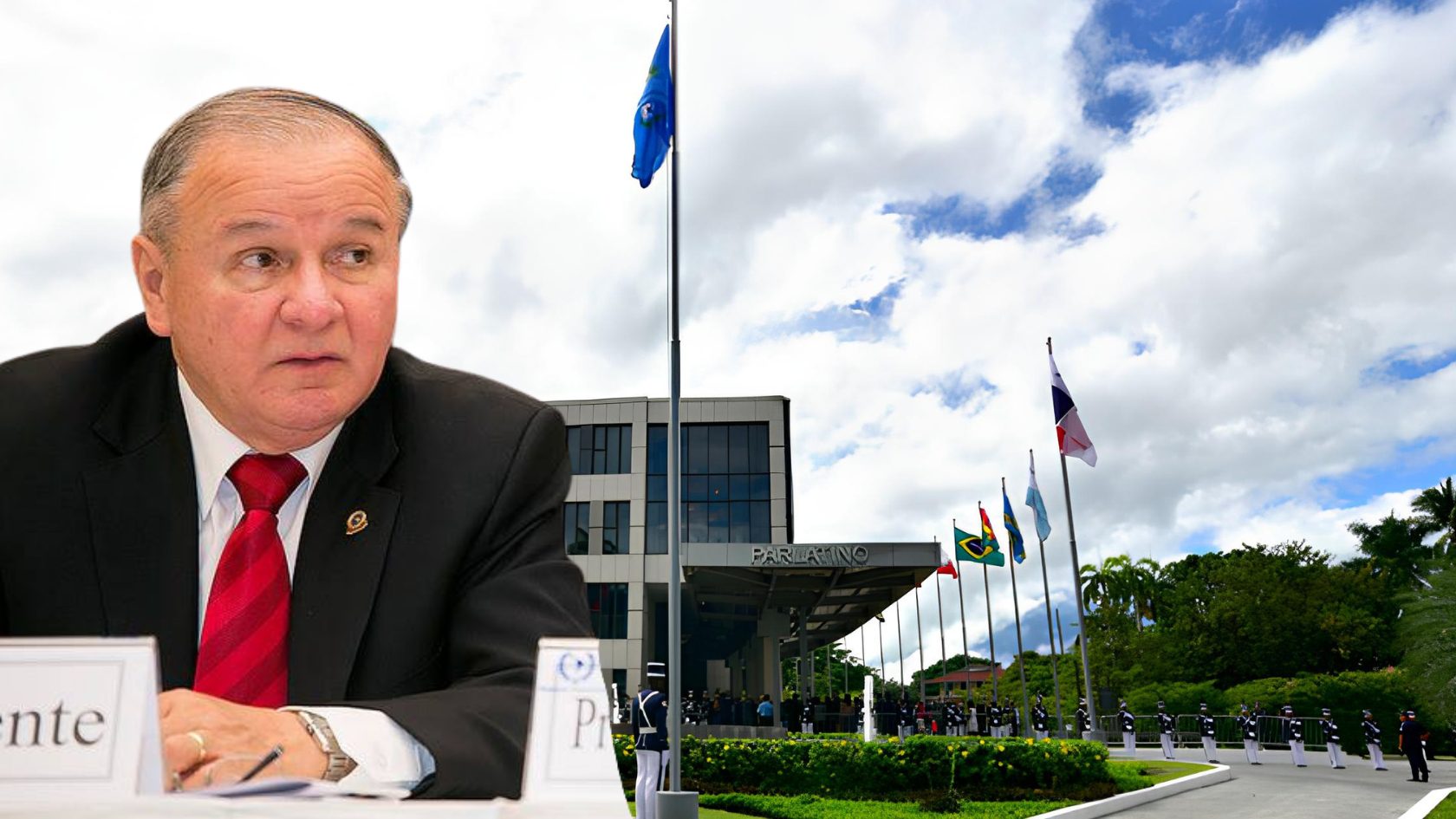
Latin America has always been known for its political landscape and intricate legal systems and few leaders represent the ideals of collaboration and legislative proficiency as well as Elias Ariel Castillo González. With more than thirty-five years dedicated to politics, Castillo is widely recognized for his commitment, honesty and strong leadership qualities. His present position, as the Executive Secretary of the Latin American Parliament (Parlatino) signifies a moment in a career shaped by a steadfast dedication to serving the public. The closest big event supported by Castillo, which will take place in September, aims to united civil society, politics, parliamentarians, academia and media, to join efforts in protecting and advancing freedom of religion or belief.
A Storied Career
Elias Castillo’s journey in politics began in Panama, where he quickly ascended the ranks due to his sharp intellect, strategic acumen, and deep connection with the people. His tenure in the National Assembly of Panama is particularly noteworthy, with him being elected as its president on three separate occasions. Such a record is a testament to his leadership skills and the trust he garnered from his peers.
The prestige of his career in Panama naturally extended to the broader Latin American arena. Castillo has been a dedicated member of the Latin American and Caribbean Parliament (Parlatino) for several terms. He served as president of Parlatino three times—a rare achievement that highlights his influence and effectiveness in fostering legislative dialogue and cooperation across national borders.
Leadership in Parlatino
As the Executive Secretary of the Latin American Parliament, Castillo’s role is multifaceted. It involves not only steering the legislative agenda but also ensuring that the diverse interests of member states are represented and reconciled. Under his stewardship, Parlatino has undertaken significant initiatives aimed at enhancing regional integration, promoting democratic governance, and addressing pressing issues such as climate change, human rights, and economic disparity.
Castillo’s leadership is marked by an inclusive approach. He strives to bring together legislators from different political, social, and economic backgrounds, fostering a collaborative environment where comprehensive and sustainable policies can be crafted. His vision extends beyond immediate legislative concerns to encompass long-term regional stability and prosperity.
A Visionary for the Future
One of Castillo’s most commendable traits is his forward-looking vision. He understands that the challenges facing Latin America—be they economic, environmental, or social—require innovative and collaborative approaches. He has been a vocal advocate for leveraging technology in governance, improving transparency, and enhancing public participation in legislative processes.
Elias Castillo’s work also reflects a deep commitment to social justice. He has consistently championed the rights of marginalized communities, advocating for policies that promote equality and inclusivity. His efforts in this regard are not confined to rhetoric but are evident in the tangible legislative measures he supports and the initiatives Parlatino has undertaken under his guidance.
Elias Castillo stands out as a paragon of legislative excellence in Latin America. His extensive career, marked by significant accomplishments both in Panama and on the regional stage, highlights the vital role of dedicated and visionary leadership in shaping the future of the region. As Executive Secretary of the Latin American Parliament, Castillo continues to lead with integrity, fostering a spirit of cooperation and championing the causes of democracy and development.
In the ever-evolving political landscape of Latin America, Elias Castillo remains a steadfast figure, piecing together the diverse and intricate mosaic of regional governance with unyielding dedication and unparalleled expertise.
Politics
Venezuela’s Electoral Process Marred by Repression and Lack of Transparency
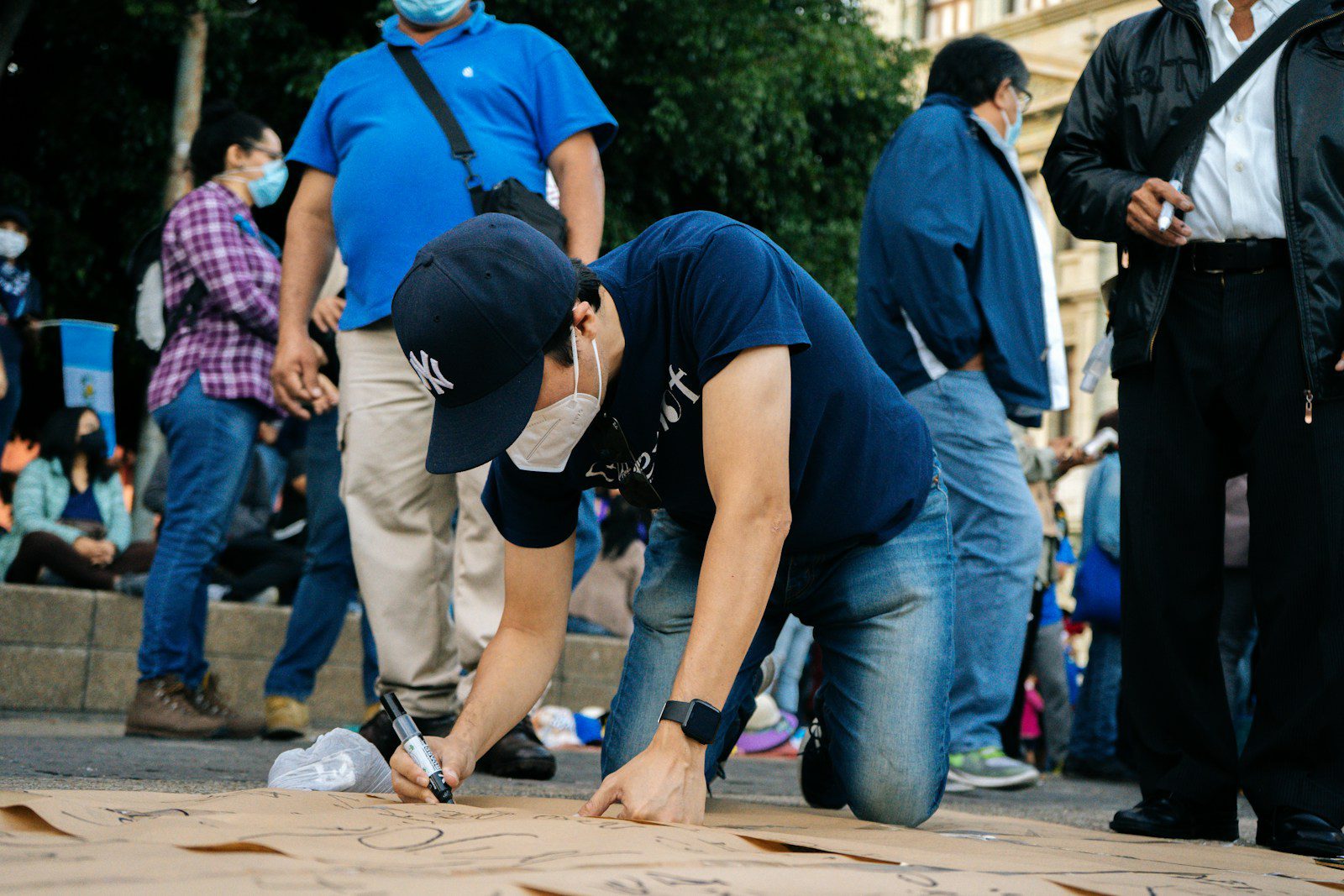
The Office of the Secretary General of the Organization of American States (OAS) has received a report from the Department of Electoral Cooperation and Observation regarding the presidential electoral process in Venezuela in 2024. The report highlights the worst form of repression, where the people are prevented from finding solutions through elections.
The Venezuelan regime has been accused of applying its repressive scheme to distort the electoral result, making it available to manipulation. The Maduro regime has mocked important actors of the international community, going into an electoral process without guarantees or mechanisms to enforce those guarantees.
The report notes that the complete manual for fraudulent handling of the electoral result was applied in Venezuela on the night of the election, in many cases in a very rudimentary manner. There has been talk of an audit or a recount of the minutes of electoral material, but this has not had the slightest conditions of security and control.
The opposition campaign headquarters has presented the minutes by which it would have won the election, but Maduro, including the CNE, has not yet been able to present the minutes by which it would have won. The Secretary General of the OAS, Luis Almagro, has expressed regret over the lack of cumulative memory of actors in the international community, which systematically leads to repeating errors.
The burden of injustice on the people of Venezuela continues, with Venezuelans once again victims of repression. The Secretary General has stated that “no revolution” can leave people with fewer rights than they had, poorer in values and principles, more unequal in the instances of justice and representation, more discriminated against depending on where their thinking or political direction lies.
Politics
OAS Report Shakes Venezuelan Election Results: Trust in Democracy Eroded
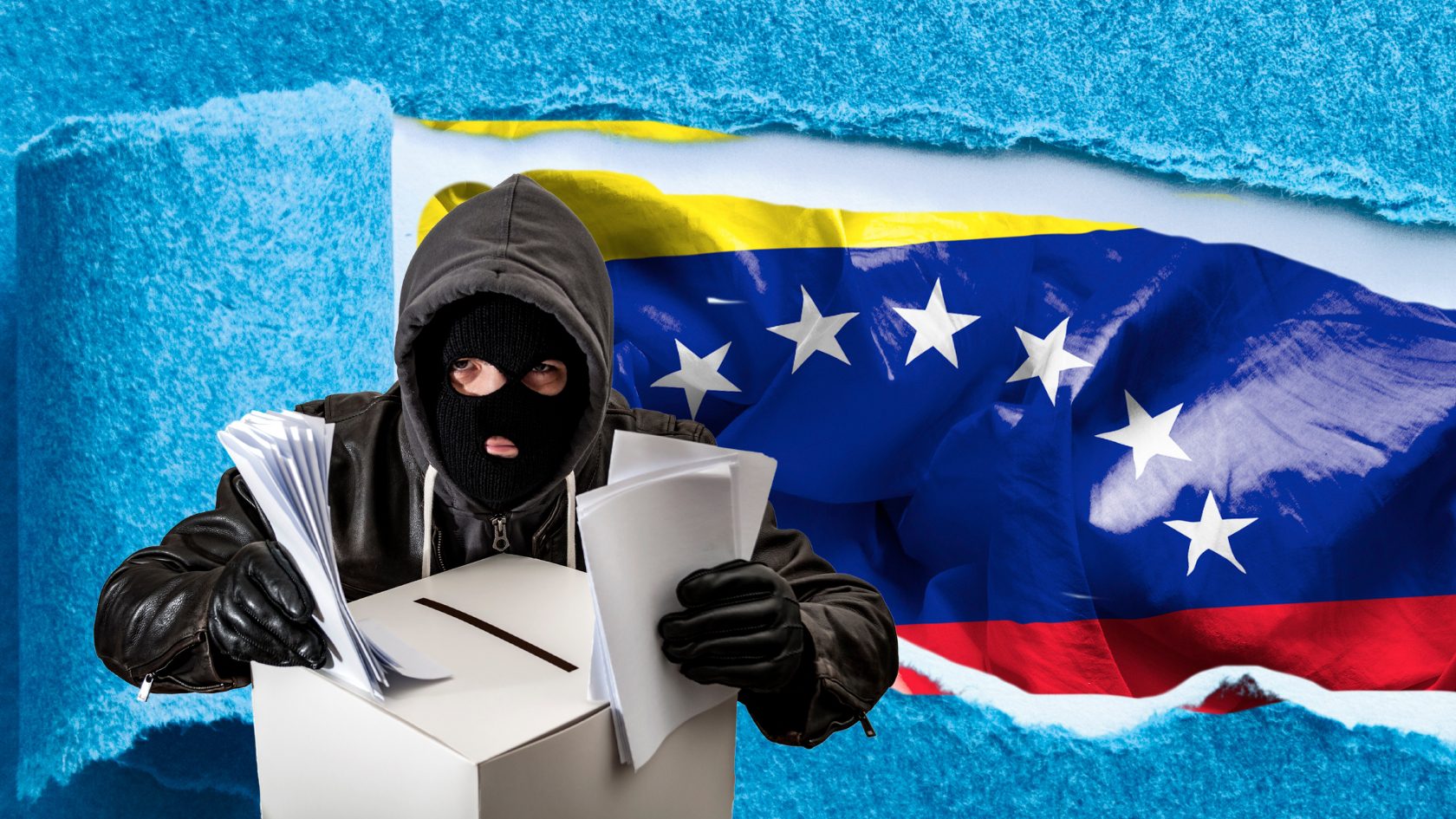
According to a report released by the Organization of American States (OAS) the Department of Electoral Cooperation and Observation (DECO) stated that the outcome of the Venezuelan presidential elections conducted on July 28 2024 is not acceptable. The report, directed to OAS Secretary General Luis Almagro, details irregularities and structural problems that affected the voting process casting doubt on the credibility of the elections.
Election Results and Immediate Reactions
The National Electoral Council (CNE) declared Nicolás Maduro as the winner of the election stating that he secured 51.2% of the votes while his main rival, Edmundo González received 44.2%. However according to the OAS report there are differences between these official figures and independent evaluations such as exit polls and citizen led verifications that showed a clear advantage for González.
The CNEs announcement was made than six hours after the polling stations closed without providing a detailed breakdown of the results or granting access, to official tally sheets. The report criticized the CNE for labeling the results as “irreversible” despite mathematical errors and a lack of transparency.
Systematic Intimidation and Repression
The recent report from the Organization of American States (OAS) reveals a scheme orchestrated by the Maduro government to disrupt the electoral process by using tactics like fearmongering, political oppression and disqualifying opposition contenders. Of concern is the case of María Corina Machado, a prominent opposition leader who was barred from participating despite winning in the primary elections, a move widely perceived as politically motivated.
Leading up to the elections there were than 135 arbitrary arrests documented in the report, with many of them targeting individuals affiliated with the opposition. The air was thick with apprehension marked by instances of violence enforced disappearances and harassment directed at supporters of opposing parties. On election day itself there were reports of intimidation incidents occurring, such as sightings of government factions, near polling places.
Lack of Transparency and Observational Access
The OAS report underscores the importance of transparency in elections pointing out that the CNE hindered both international observers from effectively monitoring the electoral procedures. While a few civil society organizations were granted observer status by the CNE access was denied to electoral observation missions such as the European Union and the Carter Center.
Moreover the report highlights that the CNE refused entry to opposition witnesses at polling stations contributing to a decline in trust in the election process. Despite these obstacles local observers noted that opposition witnesses were present, in 90% of polling stations.
Electoral Manipulation and Clientelism
The report details how the Maduro administration used government resources to gain an edge in elections, such as offering aid in return for political backing. This tactic along with the absence of rules on campaign funding resulted in an unfair advantage for the ruling party.
Furthermore the OAS report raised concerns about the lack of autonomy within the CNE highlighting that its members have ties, to the Maduro government. This situation undermined the credibility of the electoral commission. Cast doubts on its capacity to oversee impartial and transparent elections.
Call for Accountability
Based on the evidence of irregularities the OAS has determined that the official outcomes of the Venezuelan presidential elections lack credibility and should not be recognized as reflective of democratic principles. The report emphasizes the need for transparency in disclosing voting records and urges global accountability measures against the actions of the Maduro government.
Amid protests in Venezuela following the election outcome the OAS findings underscore the ongoing struggle for democracy, within the nation. The Venezuelan populace, who displayed a dedication to exercising their democratic freedoms now confront an uncertain future as governmental authority grows stronger and dissent is suppressed.
-

 EU & the World4 days ago
EU & the World4 days agoAshanti & Nelly Welcome First Child Together & Reveal Baby Boy’s Name
-

 Politics4 days ago
Politics4 days agoPoland’s Former Prime Minister Mateusz Morawiecki Eyes Leadership of European Conservatives and Reformists
-

 Sports4 days ago
Sports4 days agoAtalanta: PSG-Lookman, there is news
-
EU & the World4 days ago
Mike Lynch Yacht Update: Fifth Body Recovered Off Coast of Sicily
-
Travel4 days ago
New Brussels to Venice night train: The 9 cities en route, what it will cost and how to book
-

 EU & the World4 days ago
EU & the World4 days agoDoes Travis Kelce Appear in Swift’s ‘I Can Do It With a Broken Heart’ Music Video?
-

 EU & the World4 days ago
EU & the World4 days agoLil Jon Brings the House Down at the 2024 DNC With ‘Turn Down for What’
-
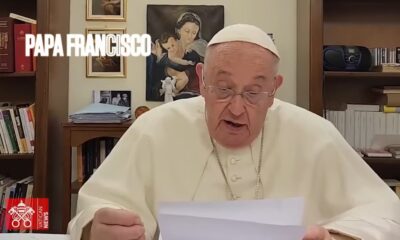
 Health & Society4 days ago
Health & Society4 days agoPope Francis calls on religions to unite to reduce demand for drugs








